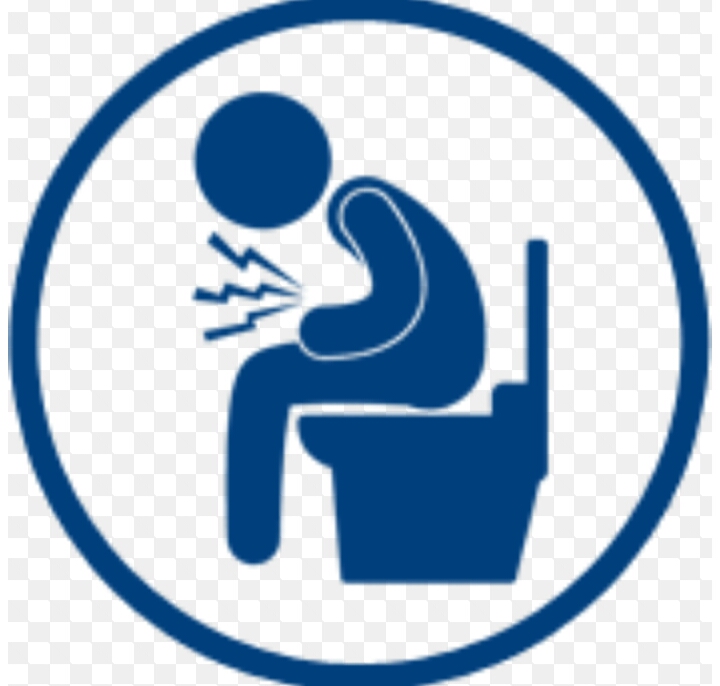Diarrhoea is characterized by abnormal bowel movements and when you are passing watery stools with increase frequency of going to toilet. It may last for only a few days.
Diarrhoea occurs due to following reasons;
- Infection
- Bacterial infection
- Viral infection
- Protozoal infection
- Decrease absorption of food from GIT
- Increase secretion of fluids
Other major causes of chronic diarrhea include:
- Microscopic colitis: This is a persistent diarrhea that usually affects older adults, often during the night.
- Malabsorptive and maldigestive diarrhea: The first is caused by impaired nutrient absorption, the second by impaired digestive function. Celiac disease is one example.
- Chronic infections: A history of travel or antibiotic use can be clues to chronic diarrhea. Various bacteria and parasites can be the cause.
- Drug-induced diarrhea: Laxatives and other drugs, including antibiotics, can trigger diarrhea.
- Endocrine causes: Sometimes hormonal factors cause diarrhea, for example, in the case of Addison disease and carcinoid tumors.
- Cancer causes: Neoplastic diarrhea is associated with a number of gut cancers






